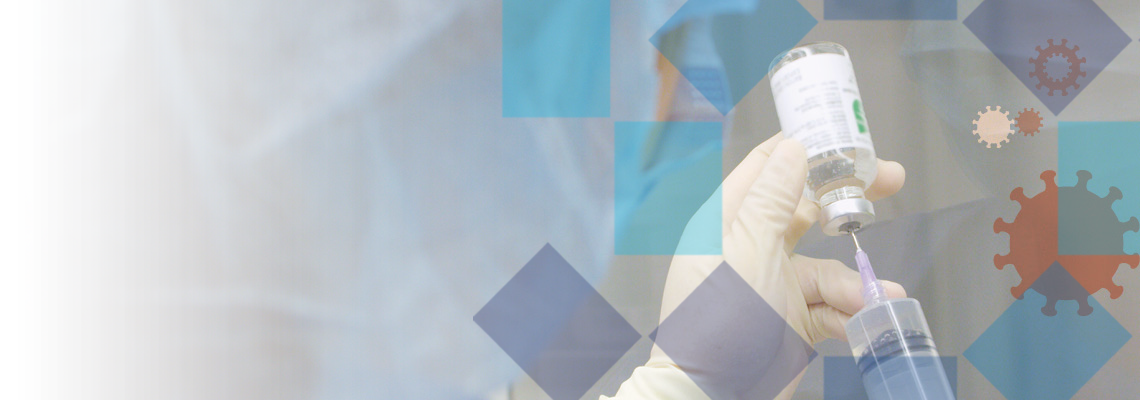COVID and Flu Vaccine Clinics
Hackensack Meridian Health is hosting two Covid-19 and flu clinics for children 6 months to 17 years old.
Hackensack
155 Polifly Road, Suite 102, Hackensack. (Directions)
- Nov. 18: 5:30 - 7:30 p.m.
- Dec. 16: 5:30 - 7:30 p.m.
Neptune
Jane H. Booker Family Health Center 1828 W Lake Ave., Neptune City. (Directions)
- Nov. 13: 2:00 - 6:00 p.m.
- Nov. 20: 2:00 - 6:00 p.m.
If you are in need of a COVID test and have mild to moderate symptoms, we encourage you to visit a local pharmacy or one of our urgent care centers.

